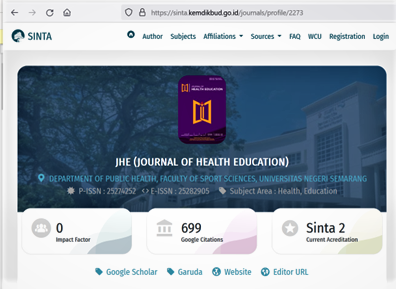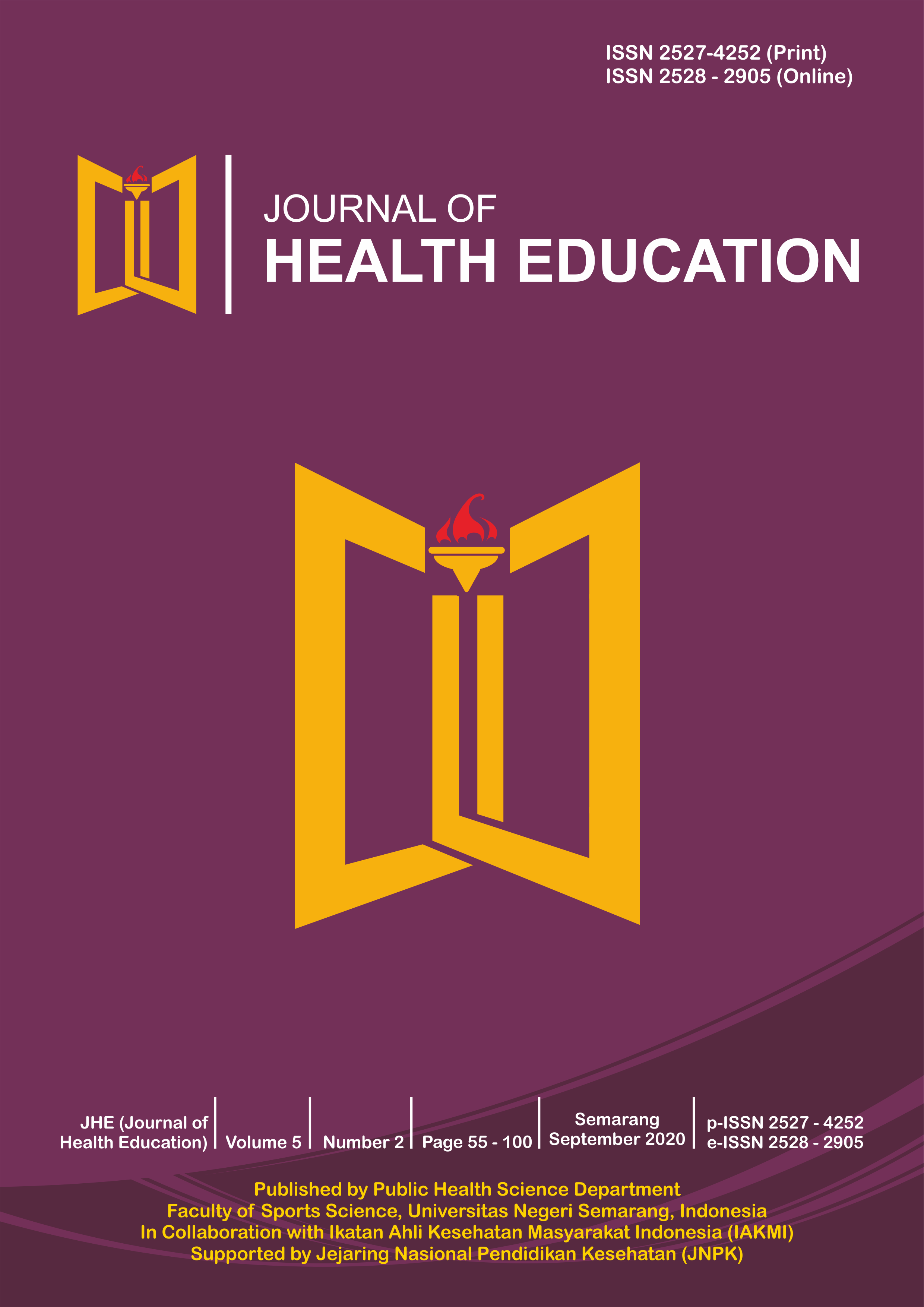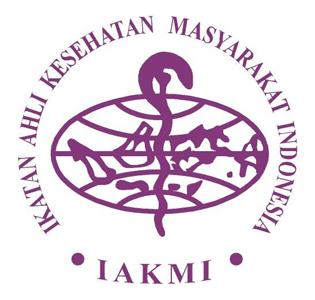Determinant of Voice Handicap Index Degree as Dysphonia Patients’ Quality of Life Indicator
Abstract
Background: Dysphonia will interfere with communication which will have an impact on social life such as depression, disrupt activities, work and can affect the quality of life. Dysphonia risk factors such as age, sex, duration of illness and etiology will affect the course of it. The purpose of this study was to identify risk factors for with the degree of Voice Handicap Index (VHI) as an indicator of dysphonia patients.Methods: Analytical descriptive study with cross-sectional design in dysphonia patients, the sample was determined as many as 62 who met the inclusion criteria. Quality of life was assessed by the VHI questionnaire. VHI degrees are classified into mild and moderate-severe. Data analysis using chi-square test and multivariate logistic regression. Results:Thirty-two (51.6%) subjects were women. Mean age was 47.26 +12.2. The most common causes of dysphonia (85.5%) were due to organic disorders and laryngopharyngeal reflux (LPR) is the most common cause (37.1%) of all organic dysphonia disorders. Analysis of risk factors for age, gender, etiology of dysphonia and duration of illness with VHI degree were p = 0.282, p =0.76, p= 0.067, p= 0.001, respectively. Duration of illness ≥2 weeks has a 38.3x risk to severity VHI compared to <2 weeks. Conclusion: The duration of illness is a determinan related to of the degree of VHI that quality of life indicator in dysphonia patients.
Key Words: Risk factors, Dysphonia, Voice Handicap Index






